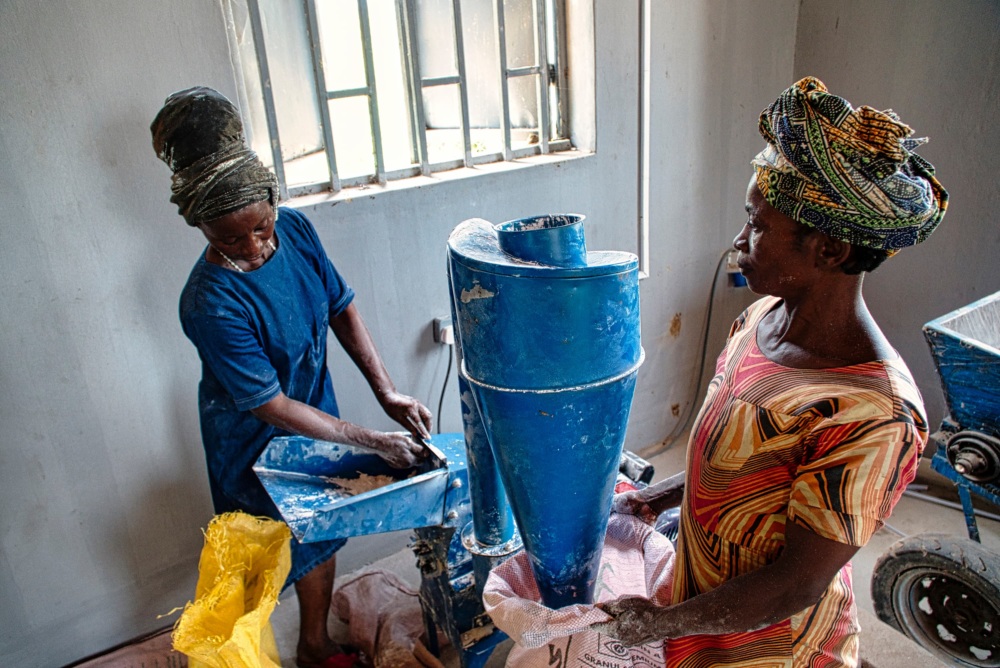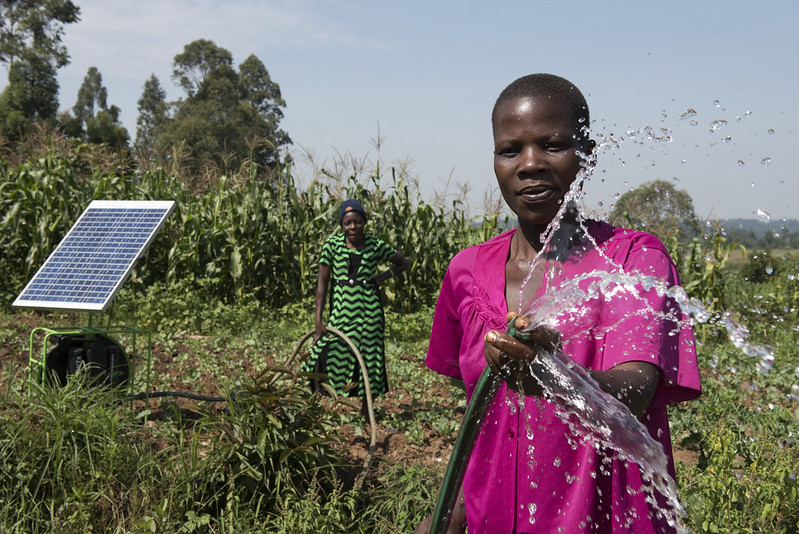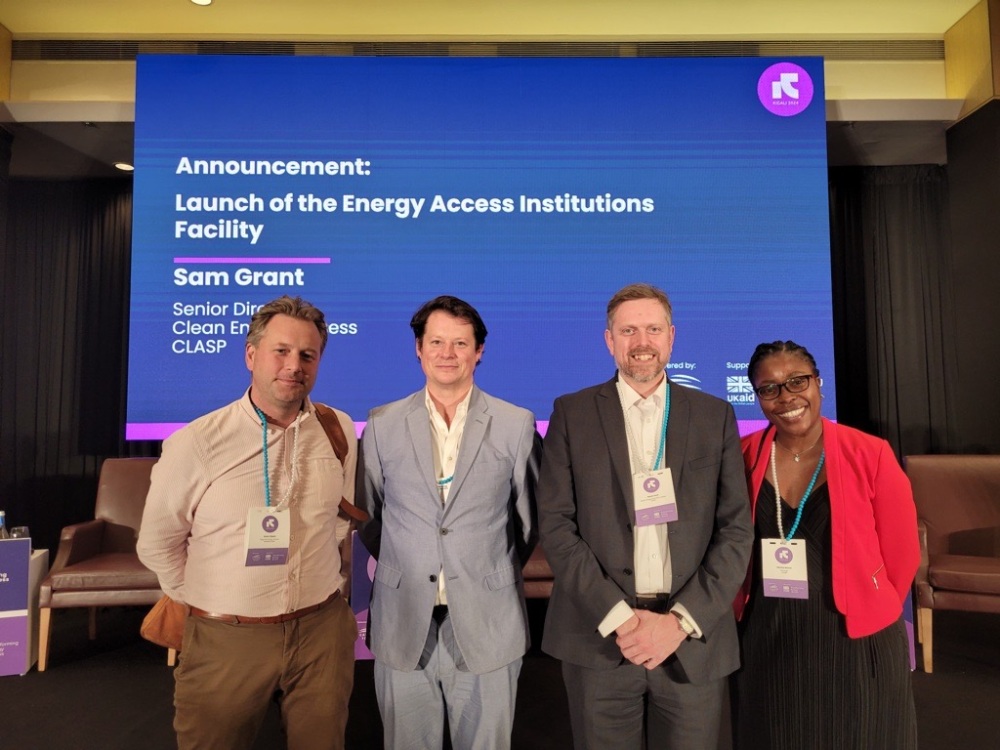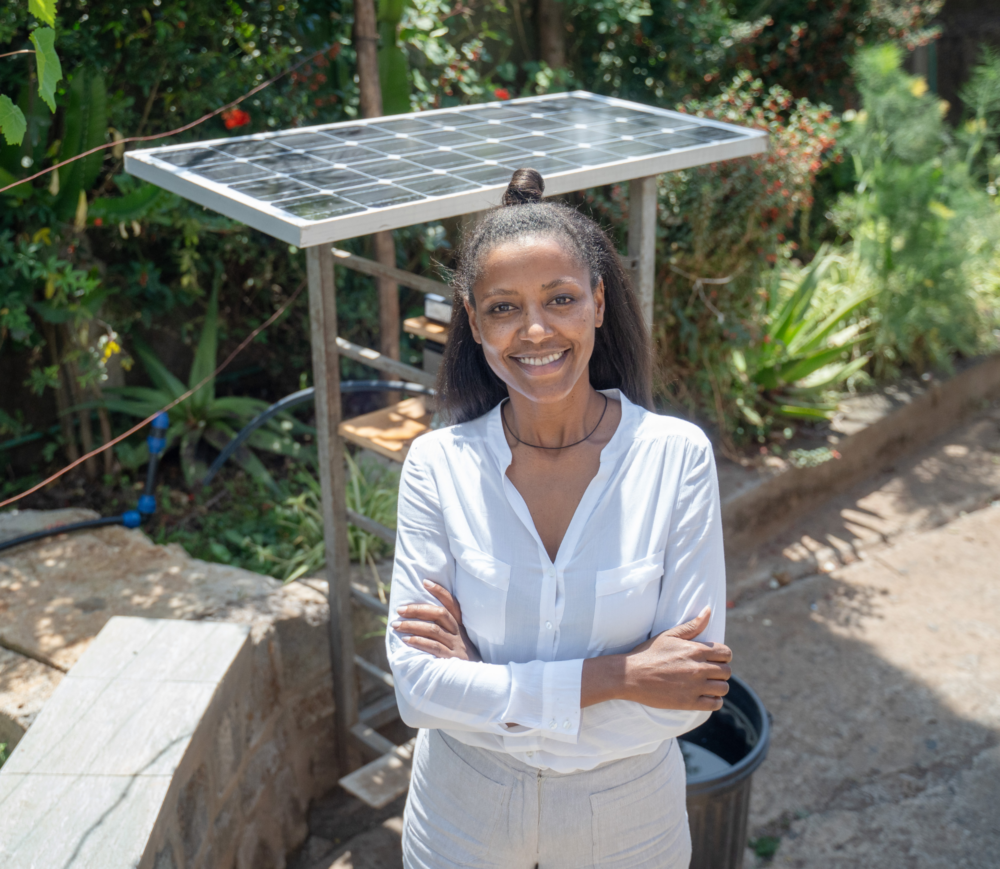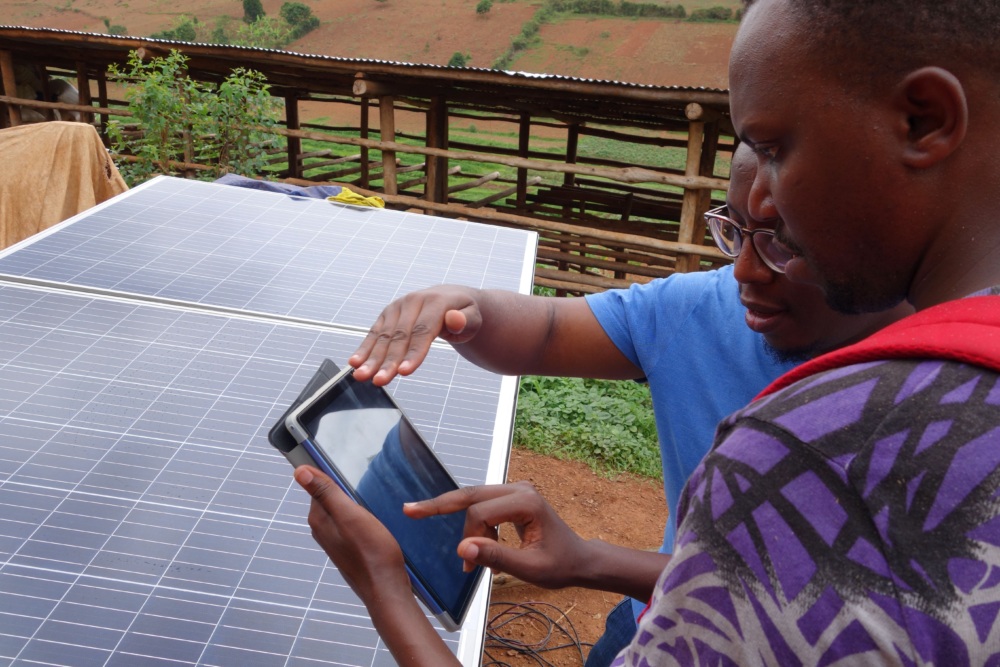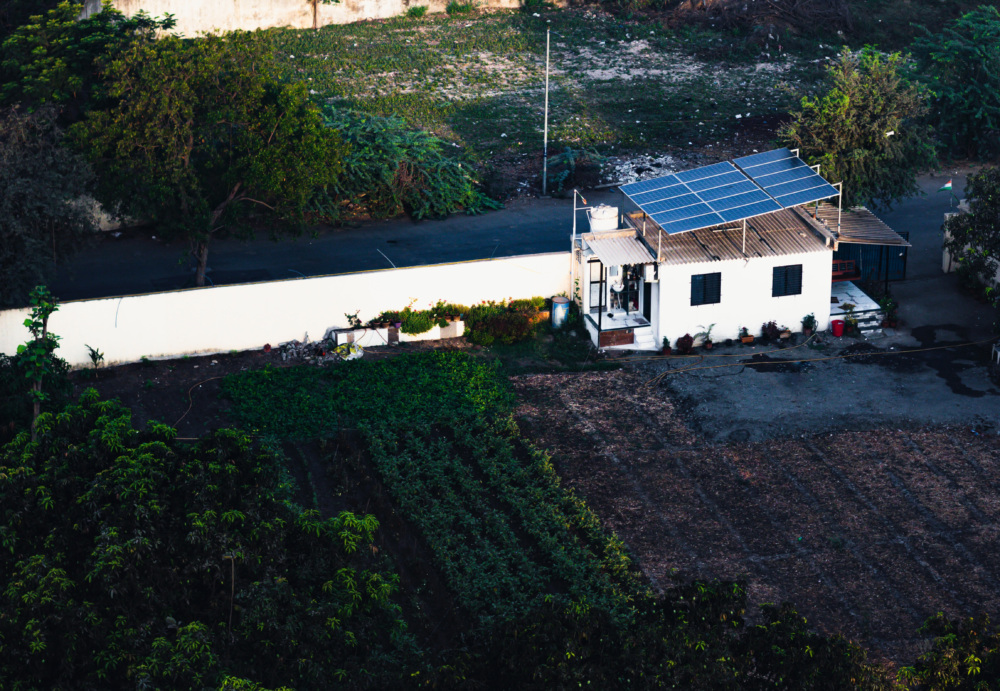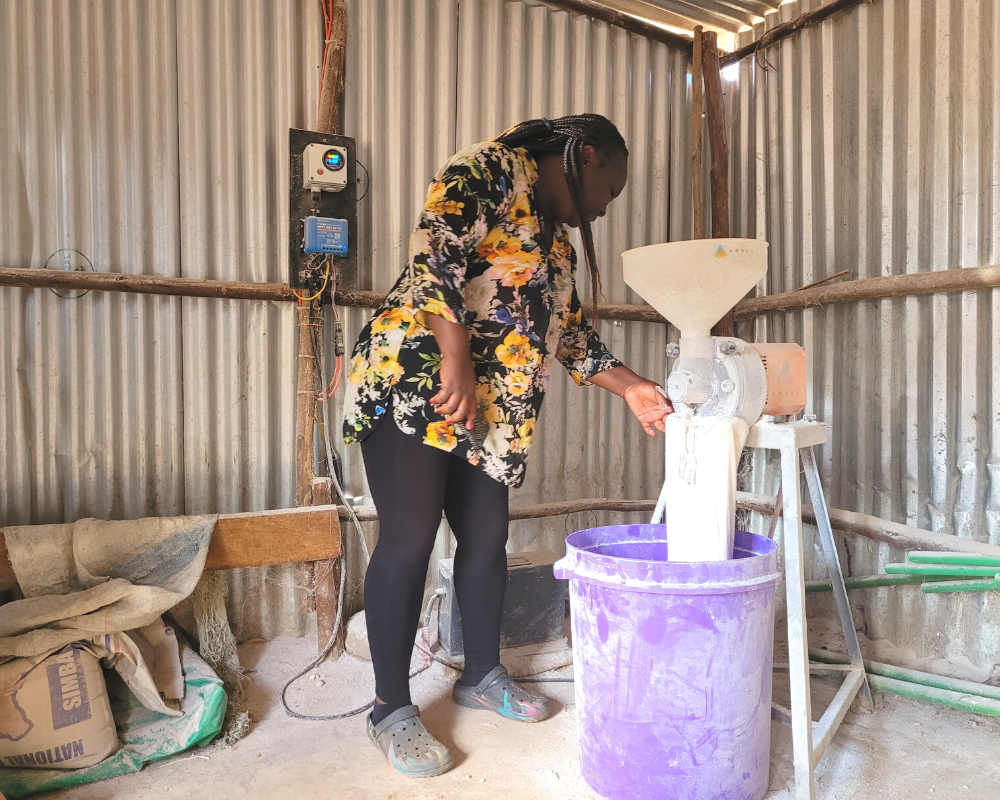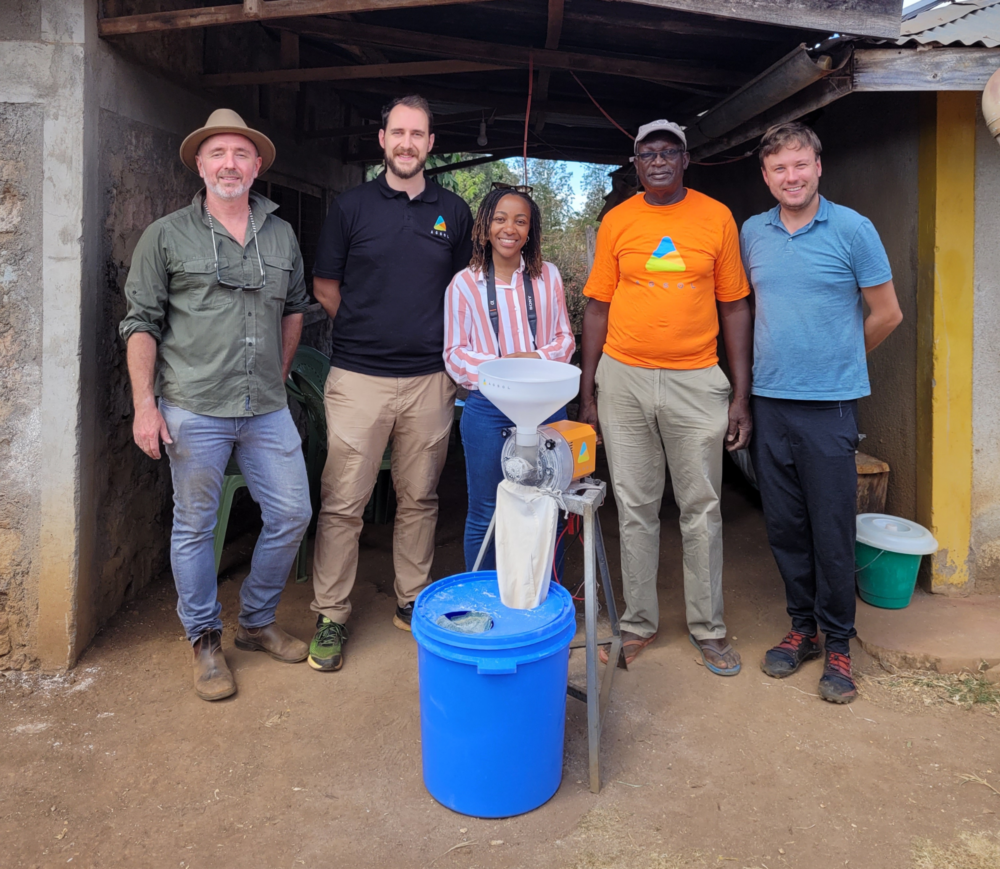CLASP Supports Efforts to Increase Productive Use of Energy in East and Southern Africa
CLASP is conducting a market analysis for UNIDO to better understand the status, barriers and gaps in productive use markets in East and Southern Africa.
Appliances Stimulate Economic Growth
Across sub-Saharan Africa, communities in low-income countries often have limited access to high-performing appliances for income generation. Many communities still rely on traditional and dirty energy sources, like kerosene or diesel, which is expensive and harmful to the environment. Access to high-performing appliances can support sustainable economic growth, improve human health and the overall well-being of communities.
“Energy-efficient productive use appliances have the potential to positively change the lives of communities, as they offer a wide range of environmental, social, and economic benefits. Starting with this market assessment, we will define targeted interventions aiming to increase the uptake of these appliances across the EAC and SADC regions. Collaboration with key stakeholders and, in particular, the private sector will be crucial,” says Karin Reiss-Haimbala, Project Manager at UNIDO.
CLASP’s Market Analysis Will Guide Policy Decisions
“Understanding the current market of PUA’s will help us identify interventions that can increase the use of energy-efficient products, in turn increasing communities’ productivity and economic growth”, explains James Wakaba, CLASP’s East Africa director.
Productive use appliances (PUA) are income-generating appliances for domestic and small and medium-sized enterprises (SMEs). Appliances such as refrigerators and milling machines, allow small business owners to bring in new customers seeking cold drinks and to mill their cereals. Through this project, UNIDO aims to increase the uptake of these appliances to stimulate economic growth and increase productivity.
CLASP is conducting a market assessment to identify appliances with the most significant potential impact on income generation and improved quality of life for communities across six countries in East and Southern Africa. The analysis will also determine economic benefits, CO₂ emission reductions, and energy consumption reductions for selected high impact appliances to enable supply chain actors and policymakers to make informed decisions on the ease of access.
CLASP is supporting the United Nations Industrial Development Organization (UNIDO) and works closely with EACREEE and SACREEE. The market study is part of the Energy Efficient Lighting and Appliances in East and Southern Africa (EELA), funded by the Swedish International Development Agency (Sida) and implemented by UNIDO.

